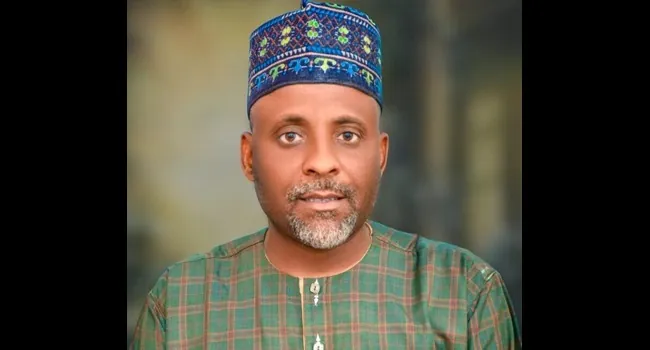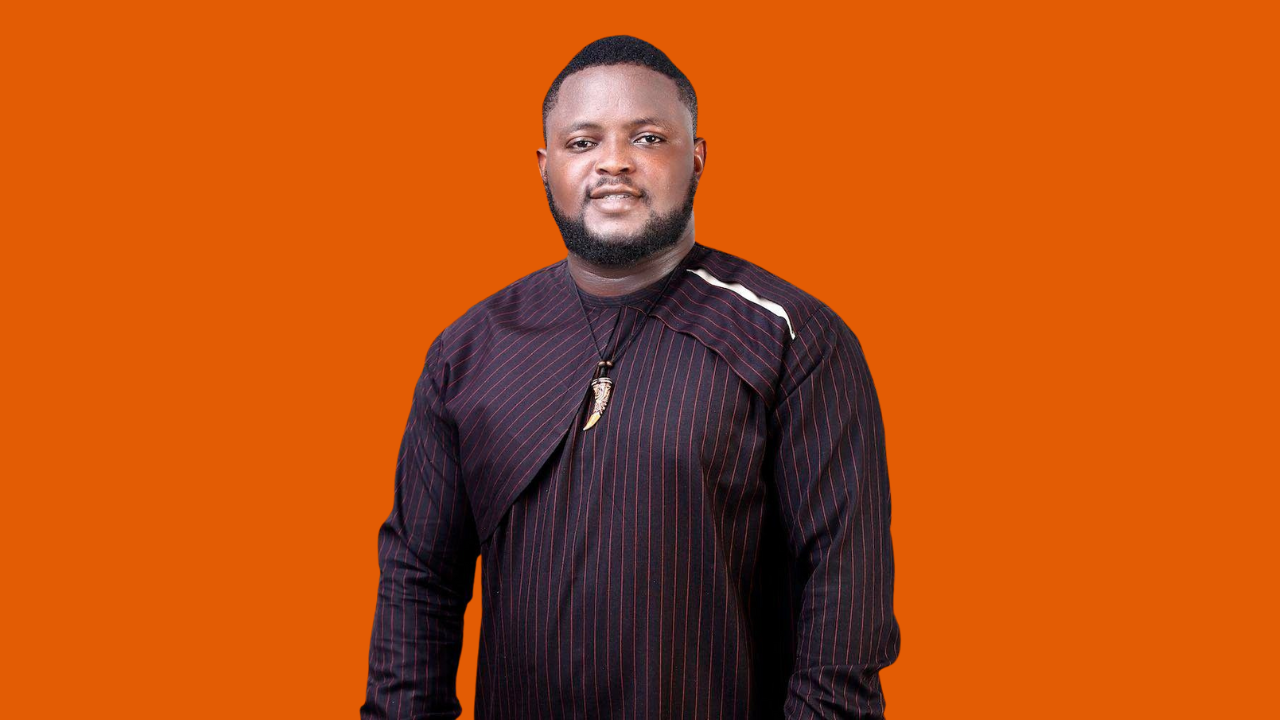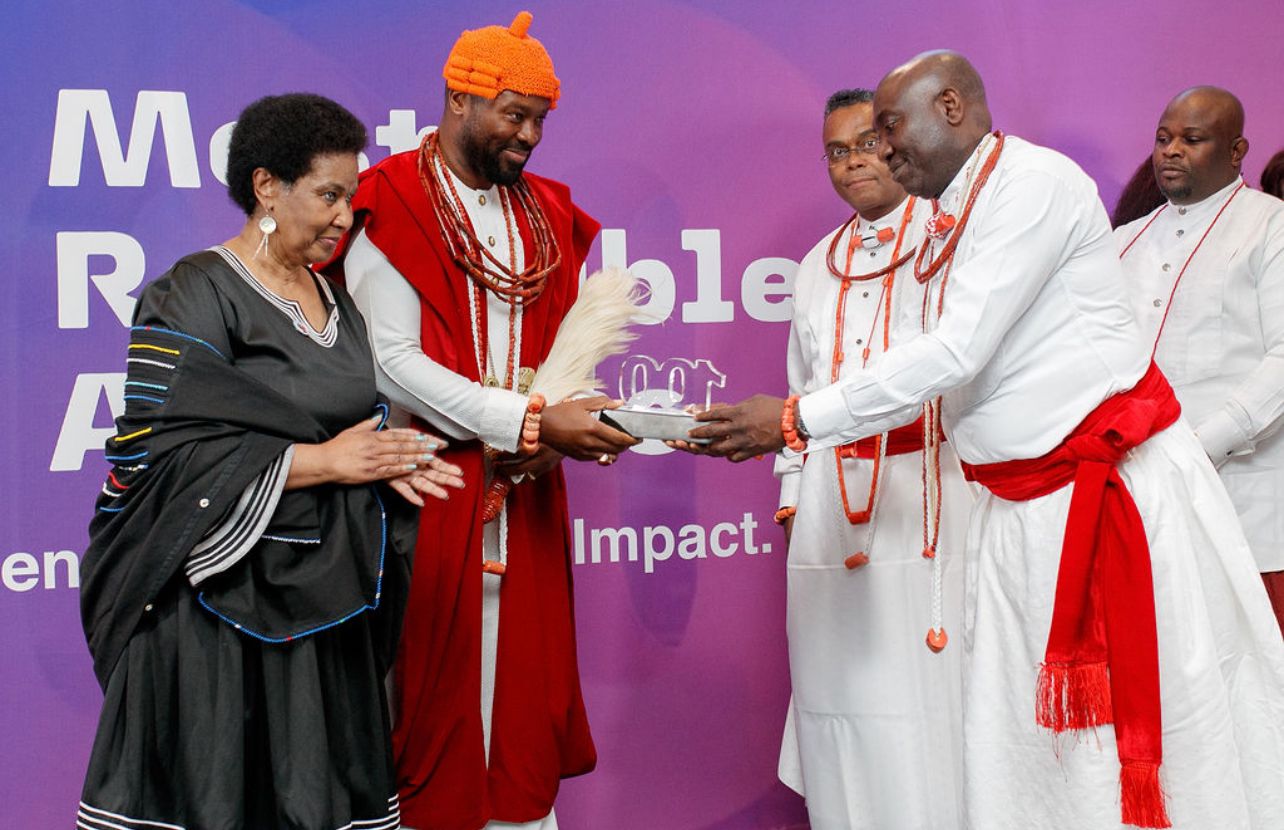
In this interview, J.K. Obatala converses with Professor Augustine Esogbue—recent recipient, in Washington, D.C., of the Consul General’s award for “bringing honour to Nigeria”. That honour, includes being the world’s first black student, to earn a Ph.D.in Industrial Engineering and Operations Research (obtained from the University of Southern California). Now Emeritus, at the prestigious Georgia Institute of Technology (Georgia Tech), Esogbue is a celebrated systems engineer, as well as a revered philanthropist and mentor of black youth. He was founding faculty advisor to the National Society of Black Engineers (NSBE) chapter, at Georgia Tech, and general counsellor from 1989 to 2014—when NSBE named him “Advisor Emeritus”. The Delta State native, achieved fame as the pioneer nonwhite member of NASA’s Safety Panel, after the U.S. Space Shuttle Columbia’s inflight disintegration, in 2003. What whetted NASA’s interest, was Esogbue’s global acclaim, in fields such as “fuzzy mathematics,” “intelligent controls” and “safety engineering”.
What have you been doing—since retirement, in 2010?
Well, I am committed to assisting humanity, to the highest degree possible. And a major part of that humanity, which I’m passionate about, is my Fatherland—Nigeria. Engineering is what I know—the profession I’ve followed, for more than 50 years. I feel it is important for me to share the knowledge I’ve acquired, with my people….
Does that mean you will relocate, from Atlanta, Georgia, to Nigeria?
Look: It is impractical, to expect anybody who has spent fifty-something years of his life, in one place, to just pack his bags and move to another location. You have to be honest, with yourself. So, I’m spending half of my time in Nigeria and half in the U.S.A. Actually, I’ve been moving back-and-forth since the 1960s, working on various projects—starting with water resources systems development, in the old East Central State, when Ukpabi Asika was the administrator.
That’s very interesting! I spent several days touring with Asika and his commissioners, in 1970, shortly after the Civil War. So, I have an idea of how far back your interfacing extends—and the challenges, it must have entailed.
Well, you know, pioneers always face challenges. And I’m a pioneer. My focus, has been the crucial areas of black philanthropy, mentoring students and frontline engineering—most notably in healthcare, safety, power and pollution control systems….
Your mentoring and philanthropic initiatives will be discussed shortly. But, let’s touch on “fuzzy mathematics”—a field, in which you have made an important contribution.
Well, it’s called “fuzzy,” because this type of mathematical reasoning is neither black nor white, left nor right, so to speak. It’s in between! In other words, fuzzy systems are imprecise, rather than exact…
How does this play out, in practical terms?
Okay, take the light switch, in this room, for example. It gives you two options: “On” or “off”. But in many modern homes, and hotels, there’s a dial on the wall, which enables you to dim or brighten the light. This is fuzzy technology: Based on the mathematics of impreciseness.
But the impact of fuzzy math, extends far beyond lighting systems. It is also the foundation of intelligent control systems—such as the artificial intelligence that is designed into robots, drones and space probes.
Many readers will want to know how you, a Nigerian, ended up in such an esoteric discipline!
Yes, people do ask that question! The late professor Lotfi Zadeh, an Iranian American, developed fuzzy set theory, in 1965, at the University of California, Berkeley. I met him in ’66-‘67, during seminars at the University of Southern California, where I was doing my Ph.D.
I quickly recognized the importance of his tool…! Since that time, I’ve used it to build a credible reputation, globally.
At Georgia Tech, for instance, we pioneered in the application of Zadeh’s theory, to intelligent control systems research…. In fact, I helped to write a successful proposal to the U.S. National Science Foundation. This funding, enabled us to build the Intelligent Systems and Controls Laboratory—of which I was formerly director.
You were a mentor of black students, at Georgia Tech, as well as a reformer?
Yes. I help to bring about change, in many areas—including race relations…I was the first black professor at Tech. There were no other ones there…
I said, “This cannot be!” .… So, we confronted the acting president of the Institute. And insisted that he form a committee, to study the problem, systematically. He made me chairman of the committee. We did a study, and developed a blueprint for action…Some people resisted. They thought it was revolutionary…. That I was “challenging the system”!…
What is the racial composition of Georgia Tech, now?
Currently, we have the largest number of black faculty, and black students, of any high caliber, predominantly white, degree-granting technological institution in the U.S.A. Along the way, I added impetus to the process, with a scholarship, as an incentive for blacks, to do something about the problem—by taking their studies seriously. We worked through the National Society of Black Engineers (NSBE).
NSBE provided the money?
No, no, no, no! I provided the money. You know, it was a motivational and mindset-changing strategy…. Whoever wins the scholarship, is identified as good enough—and is encouraged—to enter the best universities….
Do you have a company?
Yes. My consulting firm, is called Aeso Systems. I use it as a vehicle for acting, when it is more appropriate to work through a corporate entity. I created the award for graduate students, at Georgia Tech, for example, through Aeso Systems…
Are there many Nigerian students at Georgia Tech?
Yes. There are. But in the early stages, it was a rough and rocky road, for them! In fact, when I moved to Tech, from Case Western Reserve, in Ohio, I brought two Nigerian postgraduate students with me. They were the only blacks, there! But they quickly flunked out!…
Flunked out!?
Yes. Because there were certain things, I wasn’t aware of, initially. When I arrived at Tech, I wasn’t thinking about “racism” … about the issue of being a “minority”! You know, I didn’t consider the challenges, they would face! It was when I got there, and started talking to Maynard Jackson—the then Black Mayor of Atlanta—and the city’s political class, that my eyes began to clear! I was surprised to learn, for instance, that there was a time, when blacks could not even walk across Georgia Tech’s campus!
How do you assess the state of engineering in Nigeria?
Nigeria’s engineering curriculum, is somewhat antiquated. Much of the blame, must go to the Nigerian Universities Commission, which gets knee-deep into the curriculum. It is trying, commendably, to maintain quality. But it also constrains creativity. New institutions, for example, do not, in every instance, have to offer “electrical,” “mechanical” or “civil” engineering—which are traditional, but also resource-draining, in terms of getting laboratories. There are nascent disciplines you can get into, that are even more relevant in Nigeria—like industrial and systems engineering.
You were the first nonwhite appointee, to a Safety Panel of the U.S. Space Agency, NASA. How did this come about? And what impact, did you have?
It followed the Space Shuttle Columbia accident, in which all the astronauts perished. The Panel, consisted of recognized safety, management, and engineering experts from industry, academia, and various U.S. Government agencies.
I was, at that time, widely recognized for my research, at Georgia Tech, in systems engineering. The appeal of my credentials, for NASA, was multifaceted—one aspect, being “safety”. I’d written a proposal, for instance, with people from the U.S. Centre for Disease Control, to look at safety problems in Georgia hospitals. We won a big grant…
You said earlier, that “NSBE” stands for the National Society of Black Engineers. Can we assume, that it’s only active in the U.S.A.?
No, no. Not at all! It started there. But, you know, we form NSBE branches, anywhere black students are. In fact, NSBE has had a National Convention in Ghana; and it’s also active in Nigeria. I have given graduation speeches, at some Ghanaian universities—and formed graduate and undergraduate chapters of NSBE….
The organization has been active in Nigeria, since 2007. We’ve held meetings in three regions—Lagos, Benin and Nsukka. We want to draw on NSBE’s contacts, experience and expertise, to change engineering in Nigeria.….
Are you making any headway?
Yes, gradually. You might recall, for instance, that I used to talk a lot, about “Gary S. May”—one of many Black students I mentored, at Georgia Tech. Well, he is now “Dr. Gary S. May” and holds the position of “Chancellor,” at the University of California, Davis.
This opens up exciting and promising possibilities, for Nigeria. First, U.C. Davis is the world’s top agricultural engineering school. So, May and I are exploring linkages with six Nigerian universities—one in each geopolitical zone—to upgrade their research capabilities.
Also, May (in collaboration with the Chairman, University Chancellors of Nigeria) is working on a conference. Its purpose, will be to address specifically Nigerian problems, in the areas of science, technology, engineering and mathematics and, generally, chart the way forward.
Secondly, as part of this initiative, a scholarship fund is being set up, at U.C. Davis, in my name and that of Dr. May. It’s a five-year award, leading to a Ph.D.—which will benefit each of the six targeted universities.
Your charity is coming home, so to speak. But it seems to have taken a rather circuitous route!
Yes, it looks that way! The scholarship I created at Georgia Tech, preceded two similar awards, which I funded at the University of California, Los Angeles (UCLA)—where I did my undergraduate studies. UCLA, is 3,500 km, from Tech!
Both endowments, were at the Samueli School of Engineering. We channeled one, through UCLA’s Centennial Campaign, in 2019. It provides financial support for high-achieving students, who are involved with NSBE.
Then, we followed up last year, with the Esogbue Leadership Award. I funded this scholarship, to honour black engineering students, who not only exhibit high scholastic aptitude but also sufficient strength of character, to leave a lasting imprint on the UCLA community.
Are you thinking of getting married, again?
I don’t know…I had someone in mind…. She wanted to get married: But wasn’t keen on coming to Nigeria! The barrier proved insurmountable—because I still believe in Nigeria. I cannot be cut off, from my country. As things are now, I’m straddling the ocean! I do projects in Nigeria; and I’m also very involved in the U.S.A.






